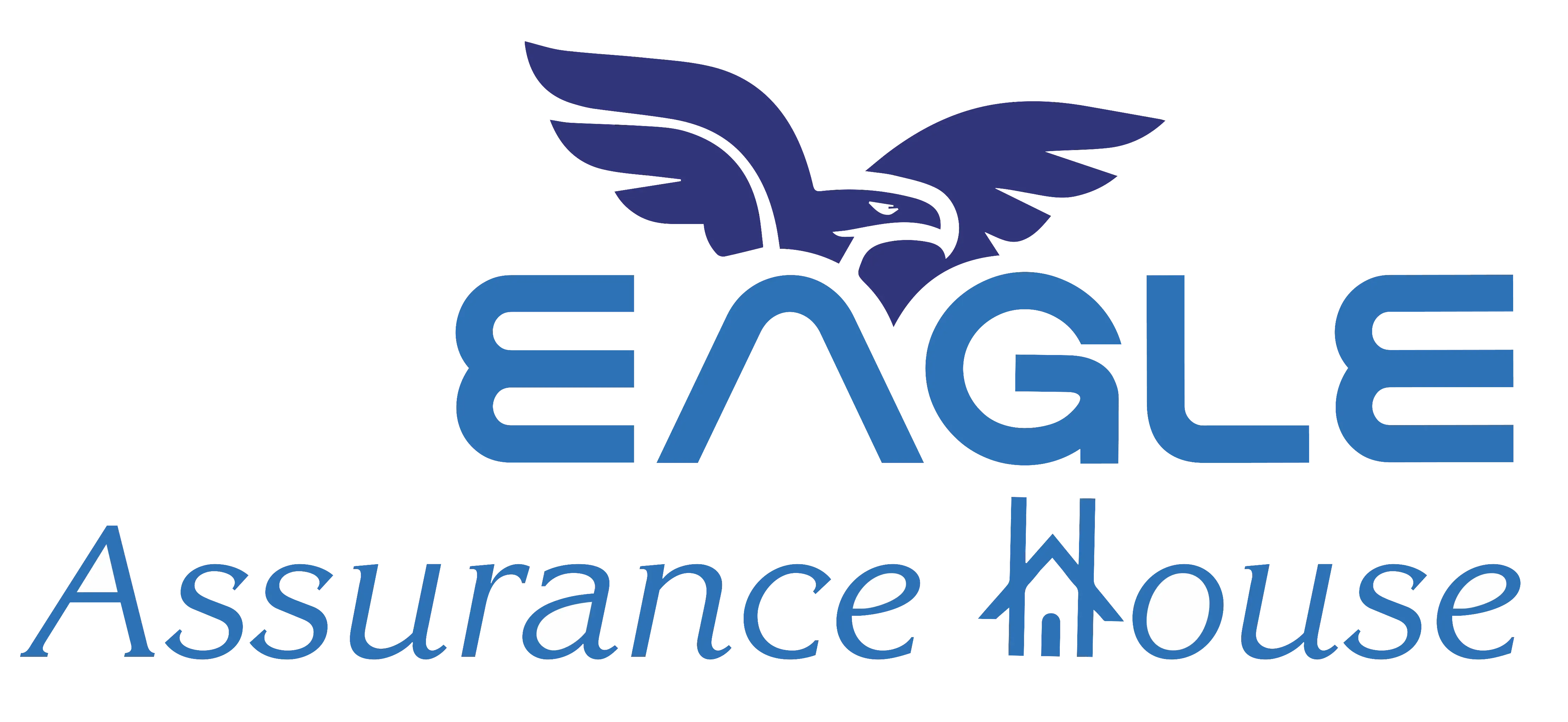
Boost Supply Chain Efficiency and Product Integrity with Local Expertise







Partnering with a local Quality Assurance (QA) service provides manufacturers and suppliers with a strategic edge, especially in industries like porcelain tiles. Local QA teams bring in-depth knowledge of regional standards, faster response times, and personalized service to ensure that your products meet quality expectations and regulatory requirements.
This blog explores the advantages of local QA partnerships, from streamlining inspections to enhancing supplier relationships, and how they can help you save time, reduce costs, and maintain the highest quality standards.

Working with a local QA partner means quicker communication and faster on-site inspections. Immediate responses to quality concerns allow for timely adjustments, preventing delays in your supply chain.
Local QA services are well-versed in regional compliance requirements and quality standards, which vary between countries and markets. This expertise ensures that your products meet both global and local regulations, avoiding costly rework or delays.
Local QA partners offer personalized services that align with your specific business needs. Whether it’s adapting inspection protocols or tailoring reporting styles, a local team is better equipped to understand and cater to your unique quality requirements.
Hiring a local QA team can significantly reduce travel and logistics costs associated with remote inspections. Since the team is nearby, you avoid the high fees of flying in inspectors or shipping samples overseas for testing.
A local QA partner can act as a bridge between you and your suppliers, enhancing transparency and trust. They provide real-time feedback and mediate between your business and manufacturers, ensuring smoother collaboration.
A local QA service enables consistent and ongoing monitoring of supplier performance. This helps in catching defects early, maintaining product integrity over time, and building a long-term quality improvement plan.
Working with local QA professionals eliminates potential language barriers and cultural misunderstandings that can arise with international QA teams. This smoother communication ensures better collaboration and more effective problem-solving.